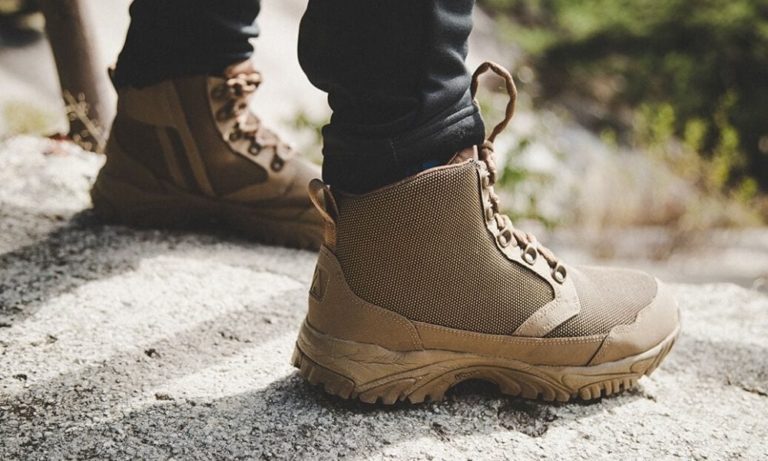
If you want to travel far from home through the wilderness or in distant regions, backpacking is a great way to do this. You can strip down what you take with you to the bare necessities and explore to your heart’s content. But this brings up an important question—just what should you bring? Here’s a list of everything you need on a backpacking trip minus the backpack itself.
As you’ll most likely be traveling through areas where there isn’t readily available shelter, having a tent and sleeping bag is important. But carrying around big, bulky items is going to prove tiresome and will slow you down. When choosing your tent and sleeping bag, you should, therefore, get easily packable and lightweight versions. Some of the best tents only weigh around four to five pounds. You should also make sure that your tent is waterproof to protect you from the elements as you sleep. If you’re backpacking in an urban setting, you may forego the tent and stay in low-cost places such as hostels.
The unexpected can happen when you are traveling alone, and you should prepare for as much as possible. For this reason, you should have a sturdy watch so you can keep track of the hours passing. Additionally, a first-aid kit will help you treat any minor wounds or injuries you might sustain. Though less evident, a headlamp can come in handy when you need to move around or set up camp in the dark with no electricity nearby. Finally, carry a phone, compass, and map to prevent you from getting lost.
When it comes to food, stock up on varieties that have high-calorie content and are easy to eat on the go. You could take dried fruits and vegetables and prepackaged foods for example. All the walking that you are doing each day will use up a lot of energy, so you need these kinds of foods to keep you properly nourished. Getting food that you can eat with minimal preparation will also save you from having to lug around cooking equipment and lots of utensils. You should also bring a water bottle and a water filter to replenish it.
As with your tent, you should wear clothing that protects you from rain. Bring a shell jacket that will block water and wind. Get a packable down jacket for when you feel cold and a hat to protect you from the sun. Your base layers should consist of synthetic material to wick away sweat and dry quickly as you move around. On your feet, you should wear socks that will keep you comfortable in warm and cool conditions and remain dry. Merino wool is a good material that does all these things. Over these, you should have durable hiking boots that provide traction and support in all terrains and weather. AltaiGear’s tactical performance boots will fulfill these requirements and keep you going over many miles.